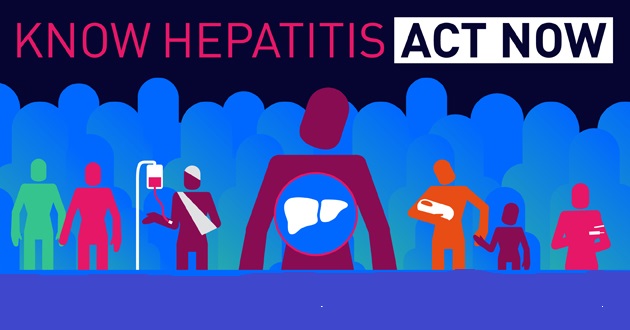Hepatitis B Symptoms
Unfortunately, one of the most common symptoms of hepatitis b is no symptoms at all. Asymptomatic infections, or those without symptoms, are still a health risk and transmission risk, but often will go unnoticed if a person is not tested.
For those that do have symptoms, there are many classic hepatitis b symptoms, which can also be misinterpreted as symptoms of much different infections. Some of these symptoms include lethargy, decreased appetite, fever, clay colored stool, pain in the abdomen, and darker colored urine. One of the big symptoms for hepatitis, which will not always be present, is jaundice. Jaundice is a yellowing of the skin, and sclera, or whites of the eyes. This yellowing is caused by a buildup of bilirubin to high levels in the body, which in the case of hepatitis b is caused by the liver inability to metabolize, or break down bilirubin.
If the hepatitis infection becomes chronic, a person may still have no symptoms. Chronic cases of hepatitis b are where liver disease and failure are seen. These patients may suffer from various levels of liver failure including cirrhosis, and in severe cases may even develop liver cancer.
Hepatitis B Prevention
The most important step in prevention of hepatitis b is vaccination. For younger generations the hepatitis b vaccine is included as part of their primary vaccine series, and typically is started in the hospital immediately following birth. Healthcare professional are also required to be vaccinated against this virus.
Should you be vaccinated? It really becomes a question of risk. If you use IV drugs, have multiple sexual partners, are a man who has sex with other men, or have any of the other risk factors previously discussed, you may be a candidate for hepatitis b vaccination. Talk with your healthcare provider about your hepatitis b risk factors and if vaccination would be beneficial to you.
If you think you have any of these risk factors, testing may be an important start for you. Be sure to be open and honest with your healthcare provider so you can ensure a healthy life.









